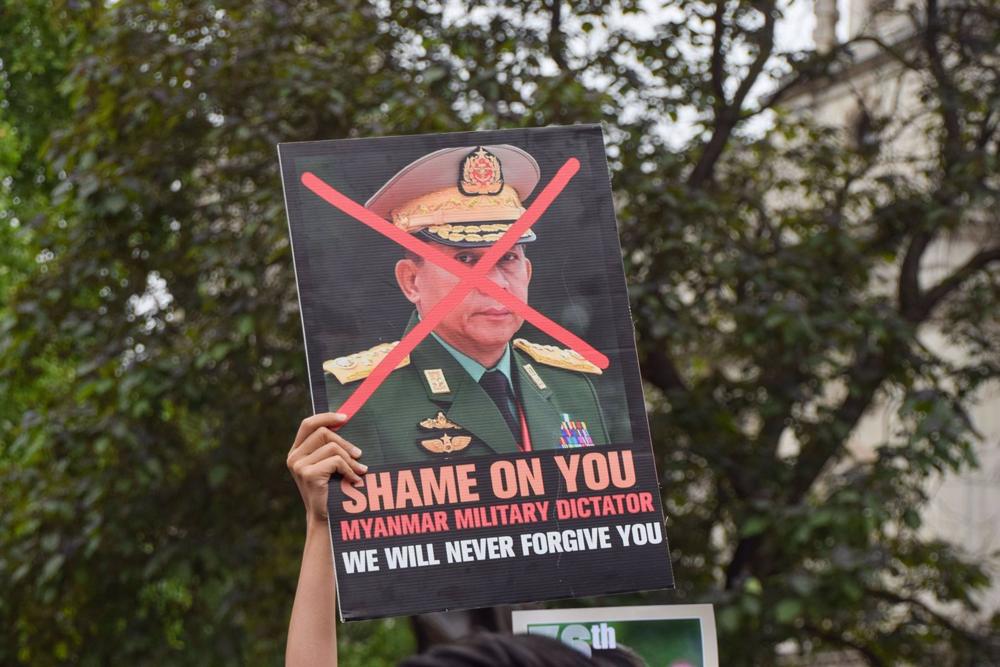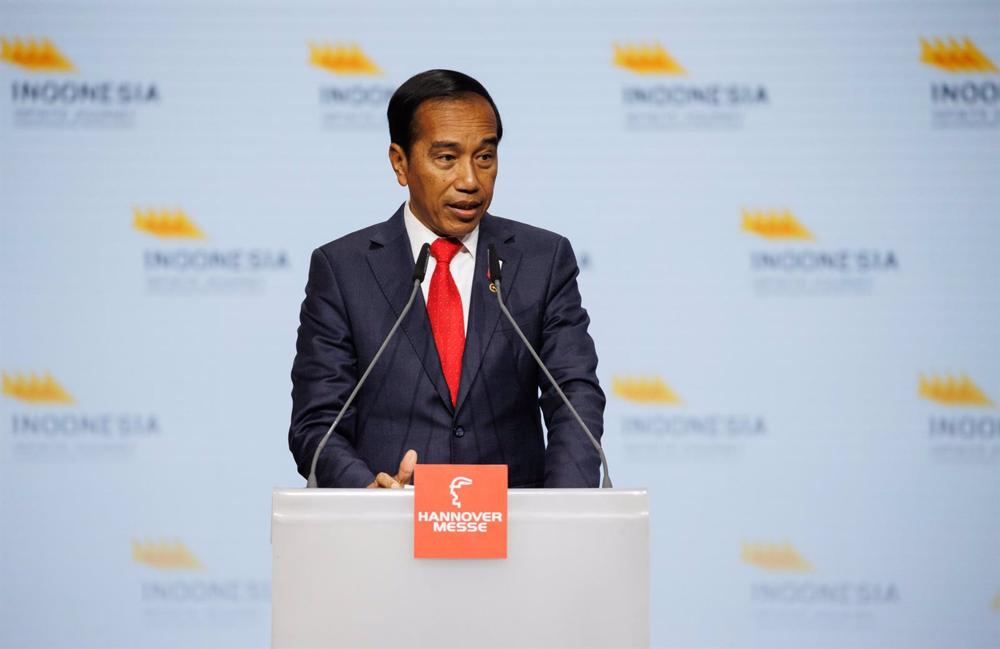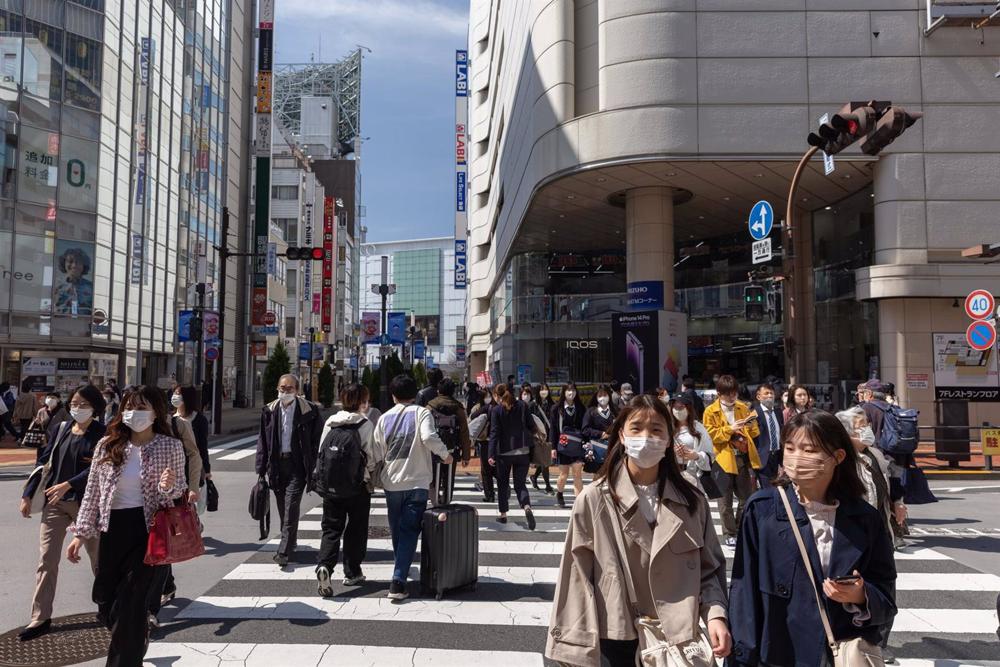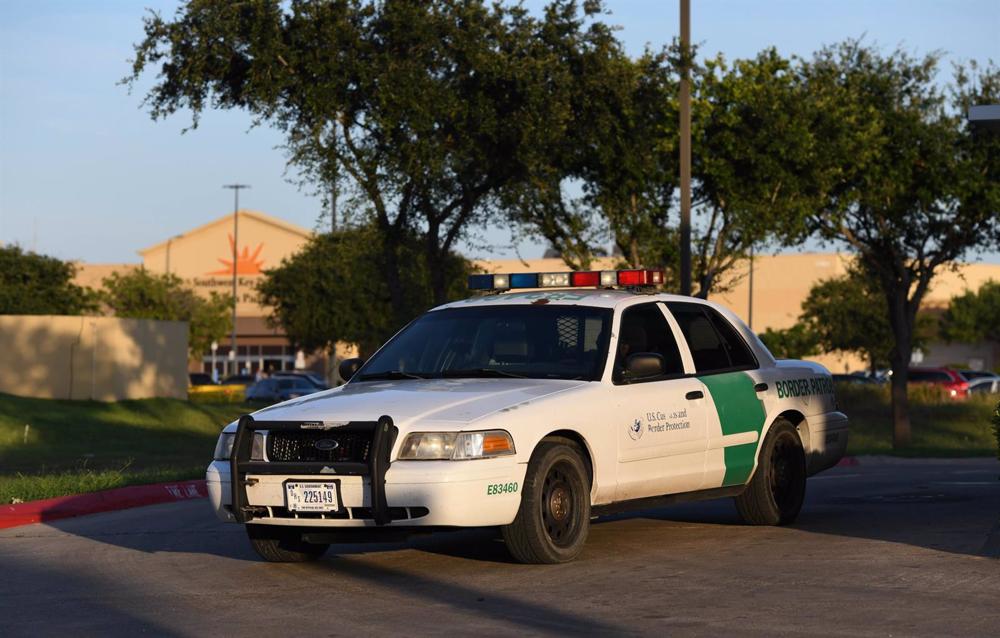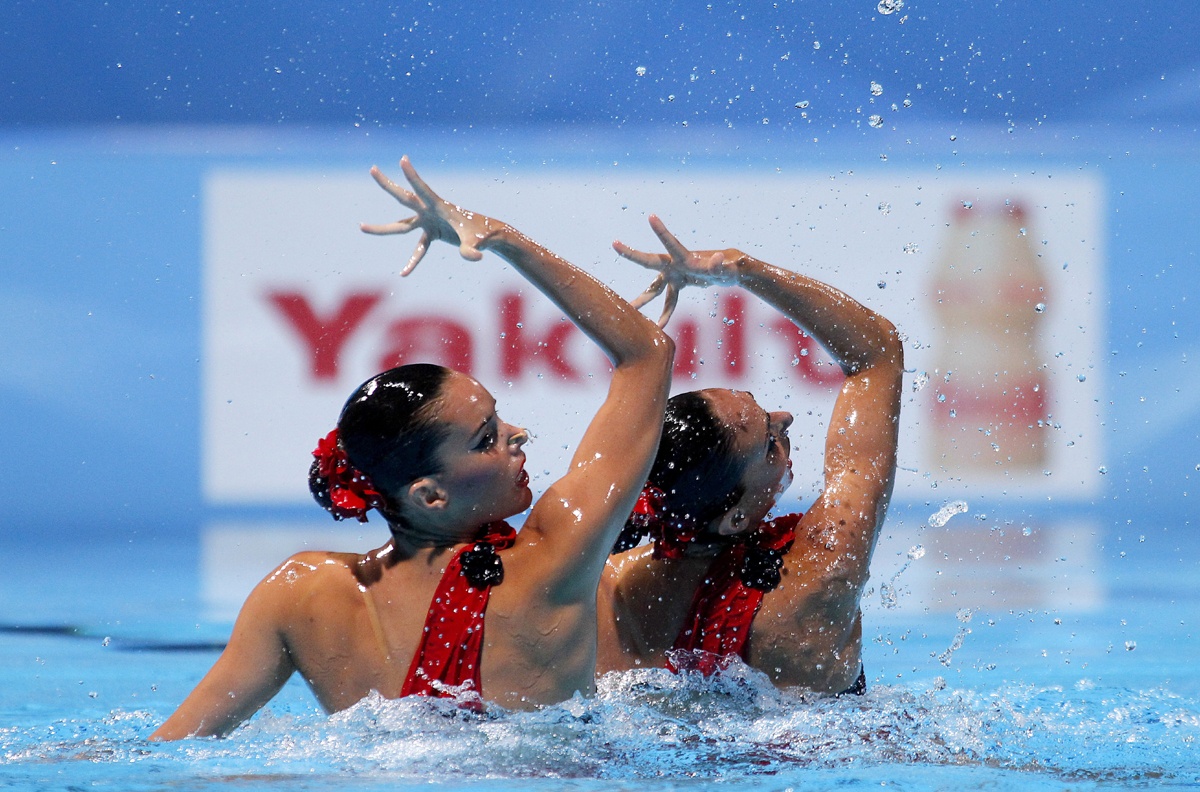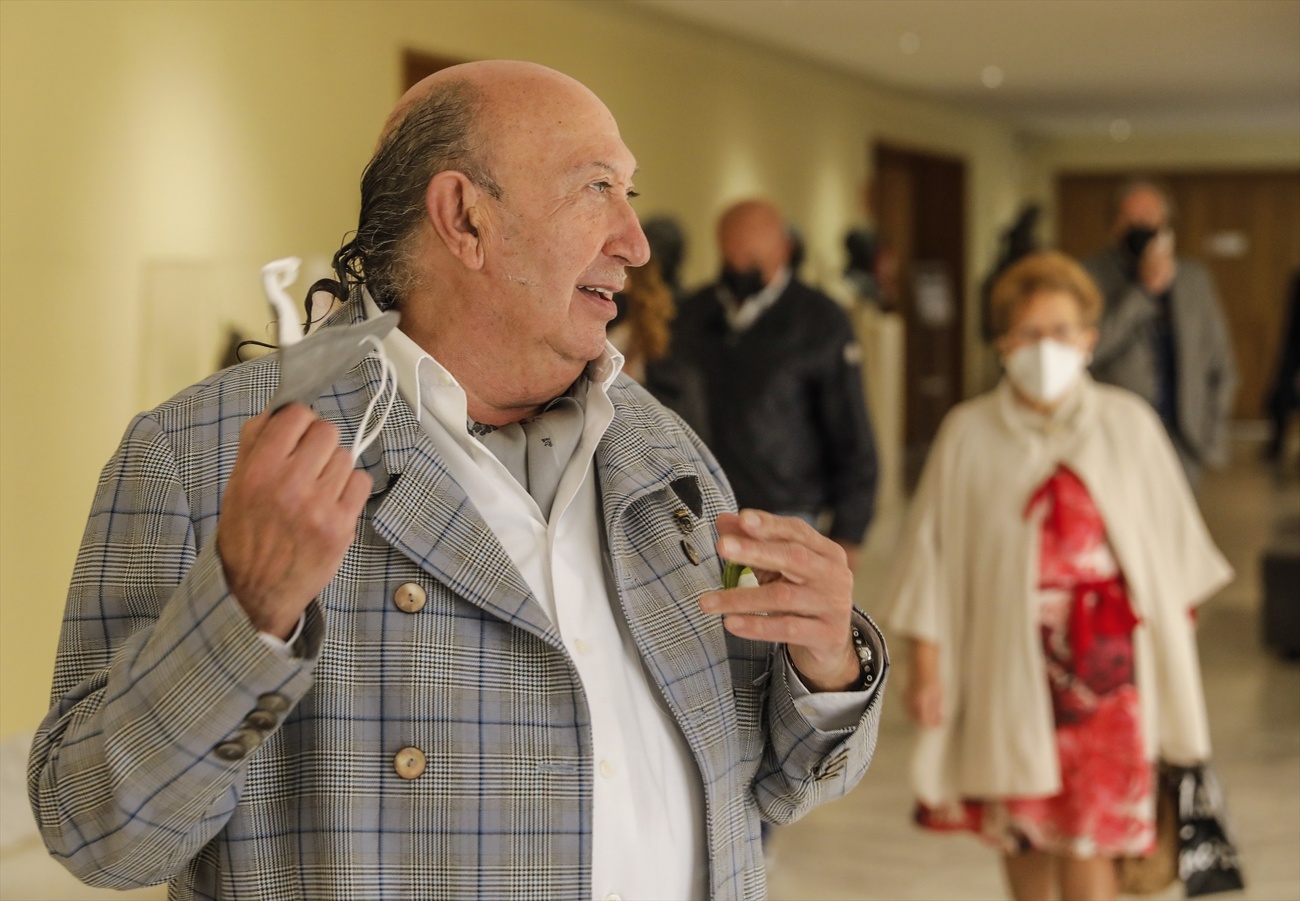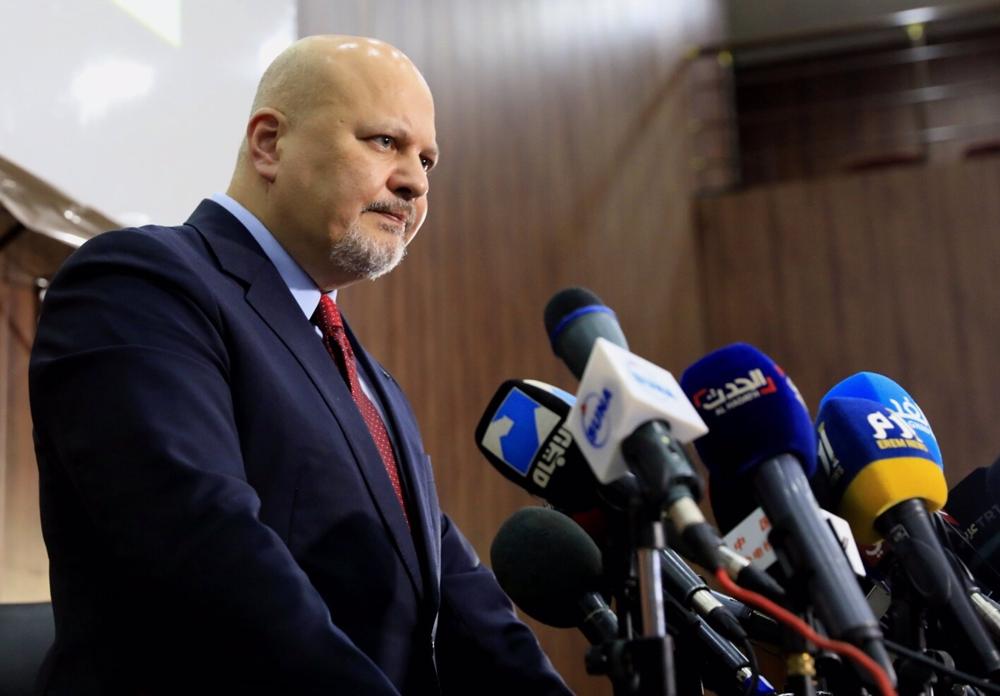
The Office of the Prosecutor of the International Criminal Court (ICC) has concluded this Friday its investigation into possible war crimes in the Central African Republic, which resulted in the indictment of four individuals and the issuance of an arrest warrant for a fifth for war crimes and crimes against humanity.
The ICC has opened two investigations on the African country: the first on the armed conflict between 2002 and 2003 between the Government and rebel groups; and the second on the subsequent confrontation between the Séléka and anti-balaka militias that broke out in 2012.
As a result of both investigations, three prominent leaders of the anti-balaka militias, Patrice-Edouard Ngaissona and Alfred Yekatom have been charged with 21 and 31 counts of war crimes and crimes against humanity, as well as the Séléka militia leader, Mahamat Said Abdel Kani, with seven counts of crimes against humanity, covering a spectrum of atrocities from murder to torture and sexual abuse, including the recruitment of child soldiers.
A third anti-balaka leader, Maxime Mokom, is under indictment pending the number of charges, and a fifth individual, former Security Minister Mahamat Nouradine Adam, is under arrest for allegedly committing crimes against humanity by facilitating torture, summary executions and arbitrary arrests by Séléka militias.
All these cases refer to the confrontation between militias, but it is worth recalling the existence of the so-called Special Criminal Court for CAR, in charge of investigating atrocities during the civil war in the early 2000s between the Government and the rebels of the Union of Democratic Forces for Regroupment (UFDR), as well as the inter-militia violence between Séléka and anti-balaka, considered as a direct consequence.
Thus, and apart from these pending cases, the ICC prosecutor, Karim Khan confirmed that his office «will not pursue new lines of action on the alleged criminal responsibility of other persons» and, unless there is a «significant turn of events, «the investigation phase on the situation in the Central African Republic is over».
The prosecutor devoted the remainder of the statement to applauding the collaboration between the ICC and the UN-backed hybrid court in CAR.
«The proceedings before the ICC and the Special Criminal Court are taking place at the same time and all are collaborating to close the wound of impunity,» the prosecutor explained, in what he described as a «tangible example of synergies» between two jurisdictions that share a common mission, «to bring justice to the victims of the worst crimes committed in CAR.»
